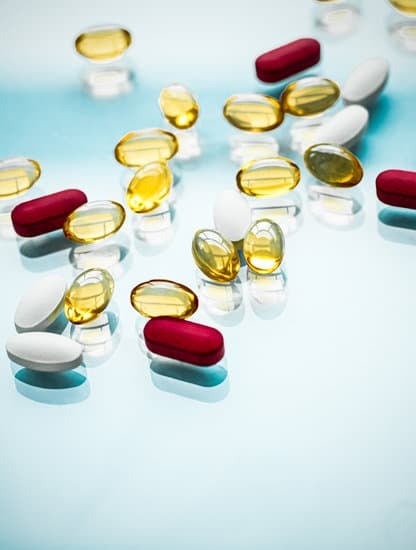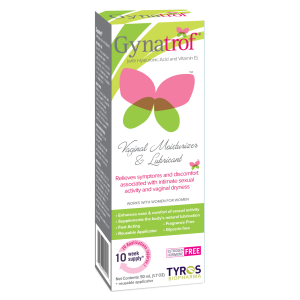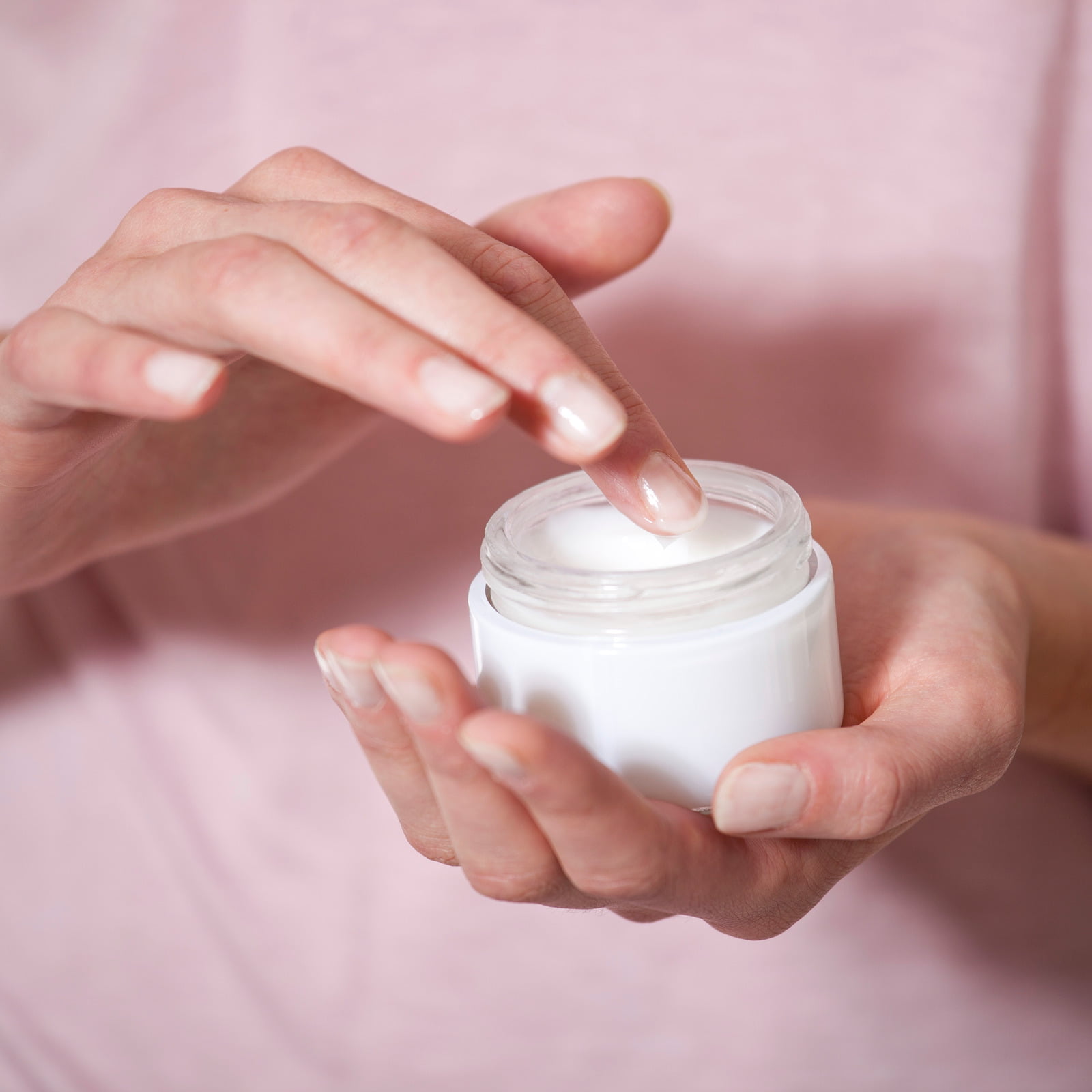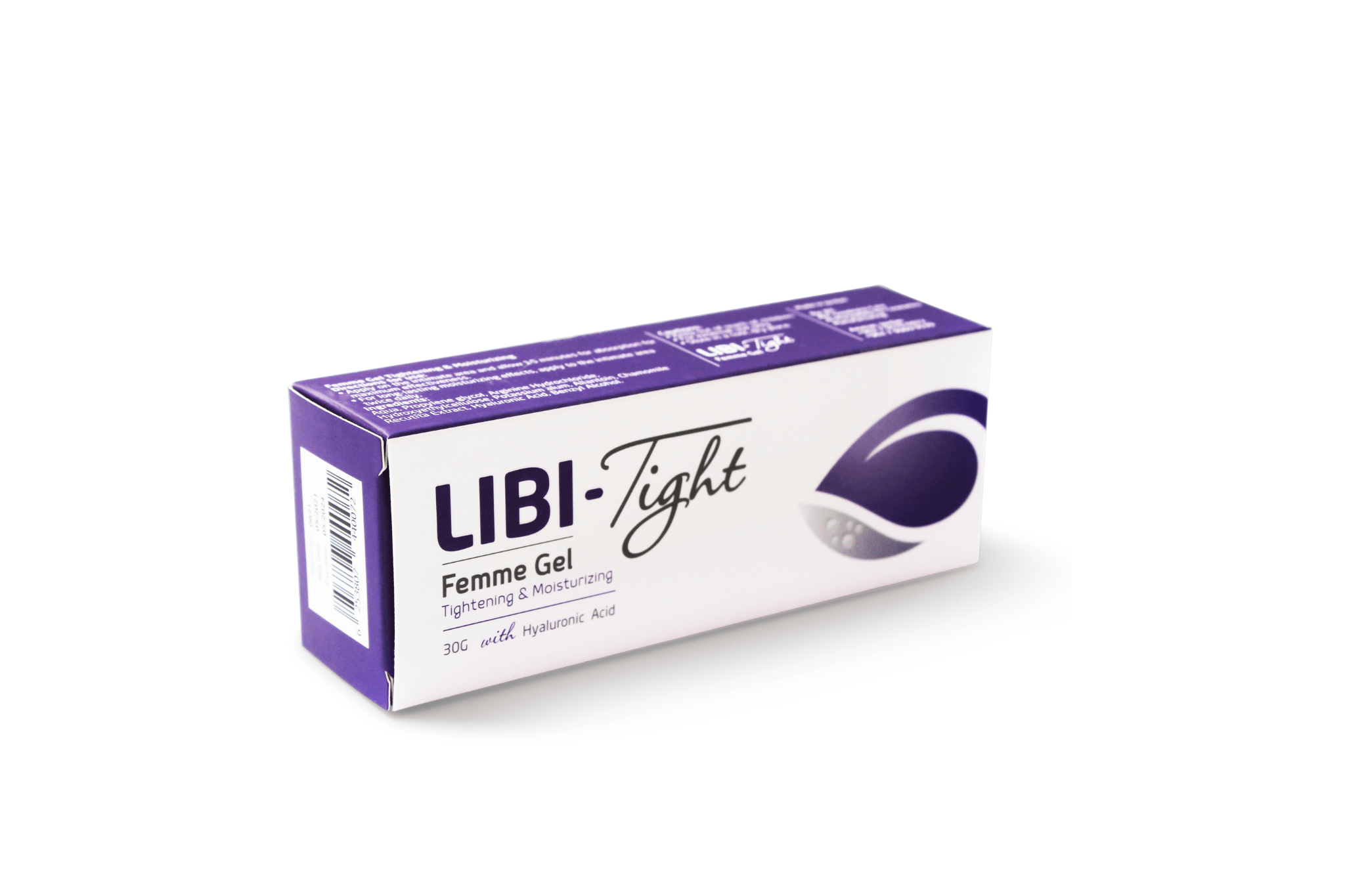Several medications cause vaginal dryness as a side effect. These include:
Antidepressants:
Certain antidepressant medications, particularly those in the class of Selective Serotonin Reuptake Inhibitors (SSRIs) and Serotonin and Norepinephrine Reuptake Inhibitors (SNRIs), can sometimes cause side effects. These are among the most commonly prescribed antidepressants and include drugs such as fluoxetine (Prozac), sertraline (Zoloft), venlafaxine (Effexor), and duloxetine (Cymbalta).
The side effects from these medications can be varied and may include”
- Decreased sexual desire (libido),
- Difficulties with arousal and
- Vaginal dryness in women.
These side effects occur because these medications increase serotonin levels in the brain. While serotonin can help improve mood and reduce anxiety, it can also inhibit sexual desire and arousal.
Studies have estimated that up to 50-70% of women taking SSRIs and SNRIs experience side effects.
Hormone therapy:
Hormone therapy, also known as hormonal therapy or endocrine therapy, is a treatment often used for conditions sensitive to hormones. These conditions include breast and ovarian cancer or gynecological conditions like endometriosis.
For breast cancer, hormone therapy can include drugs such as tamoxifen or aromatase inhibitors like letrozole, anastrozole, and exemestane. These medications block the body’s ability to produce or use estrogen, a hormone that can promote the growth of certain types of breast cancer cells.
Endometriosis is another condition often treated with hormone therapy. In this case, treatment might include GnRH agonists such as leuprolide (Lupron) or GnRH antagonists such as elagolix (Orilissa). These medications work by reducing estrogen production in the body to levels similar to those seen during menopause, which can help control the growth of endometrial tissue.
A side effect of reducing the body’s estrogen levels is that it can lead to symptoms similar to those of menopause, which includes vaginal dryness. Lower estrogen levels can reduce the amount of natural lubrication produced by the vagina, leading to vaginal dryness.
Contraceptives:
Hormonal contraceptives, such as birth control pills, patches, vaginal rings, injections, and certain types of intrauterine devices (IUDs), regulate a woman’s hormone levels to prevent pregnancy. Many of these methods contain synthetic versions of the hormones estrogen and progesterone, but some contain progesterone alone.
Vaginal dryness can be a side effect of hormonal contraceptives, particularly those that contain low estrogen levels or are progestin-only. This is because estrogen plays a key role in maintaining vaginal health, including producing natural lubricants. When estrogen levels are reduced, as can happen with these contraceptives, it can lead to vaginal dryness.
Specifically, contraceptives like the progestin-only pill (also known as the mini-pill), certain types of IUDs (like the Mirena and Skyla), and the Depo-Provera injection, all of which contain no estrogen, have been associated with vaginal dryness.
Allergy and cold medications:
Antihistamines are common OTC medications for allergies, colds, and flu symptoms. They work by blocking the action of histamine, a substance in the body that causes allergic symptoms like itching, sneezing, runny nose, and watery eyes. While they are effective at relieving these symptoms, antihistamines reduce the production of mucus and other secretions throughout the body, leading to dryness in various areas, including the mouth, nasal passages, and eyes.
This drying effect can extend to the vaginal area as well. Estrogen helps maintain the mucus lining in the vagina, which provides natural lubrication. When antihistamines reduce mucus production, it can lead to vaginal dryness.
Diphenhydramine (Benadryl), loratadine (Claritin), cetirizine (Zyrtec), and fexofenadine (Allegra) are common antihistamines that can cause these effects.
Chemotherapy and radiation:
Chemotherapy and radiation therapy are common treatments for many types of cancer. While they effectively kill cancer cells, they can also affect normal cells, including those in the ovaries that produce hormones such as estrogen. This can lead to a condition known as chemotherapy-induced menopause or premature ovarian insufficiency.
Chemotherapy drugs, particularly alkylating agents such as cyclophosphamide, can cause damage to the ovaries, leading to a decrease or cessation of estrogen production. Likewise, radiation therapy to the pelvic area can also damage the ovaries. When estrogen levels drop, it can induce menopause, even in women not of typical menopausal age.
Menopause, whether natural or induced, often leads to vaginal dryness. This is because estrogen plays a key role in maintaining the health of the vaginal and urinary tissues, helping to keep them elastic and well-lubricated. When estrogen levels drop, these tissues can become thinner, drier, and less elastic.
Certain blood pressure medications:
Diuretics, often called “water pills,” are commonly used to treat high blood pressure. They work by helping the kidneys expel more salt (sodium) and water from the body into urine, which lowers blood pressure by reducing the amount of fluid flowing through the veins and arteries.
While effective at managing high blood pressure, diuretics can lead to dehydration because they cause the body to expel more water than usual. Dehydration affects various body parts, leading to dry skin, mouth, eyes, and potentially vaginal area.
When dehydrated, your body tends to conserve water for essential functions, which means less water is available to produce bodily fluids such as saliva or vaginal secretions. This can result in vaginal dryness.
Anti-estrogen medications:
Anti-estrogen medications are commonly used to treat certain medical conditions like endometriosis, uterine fibroids, and certain hormone-sensitive cancers, particularly breast cancer. These drugs work by blocking the effects of estrogen, a hormone that promotes the growth and proliferation of cells in these conditions.
For instance, tamoxifen, a common drug used in breast cancer treatment, blocks estrogen receptors on cancer cells, preventing them from receiving signals to grow and divide. Aromatase inhibitors, like letrozole, anastrozole, and exemestane, reduce the amount of estrogen the body makes post-menopause, thus limiting the amount available to stimulate the growth of hormone receptor-positive breast cancer cells.
In the case of endometriosis and uterine fibroids, GnRH agonists like leuprolide (Lupron) or GnRH antagonists like elagolix (Orilissa) can reduce the body’s estrogen production to control the growth of these conditions.
While effective in treating these conditions, reducing or blocking estrogen decreases the body’s natural lubrication and elasticity of the vaginal tissues, leading to vaginal dryness.





